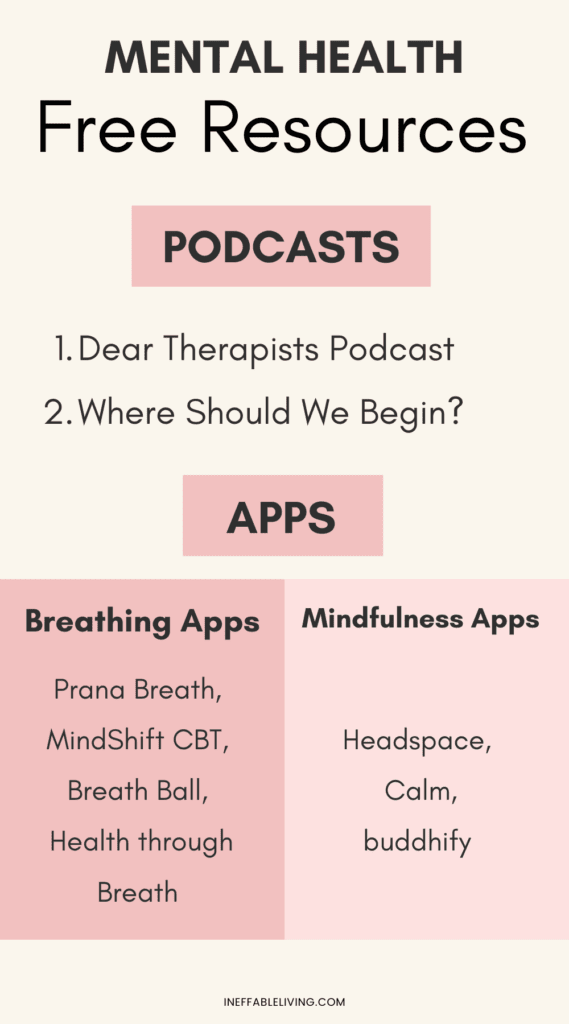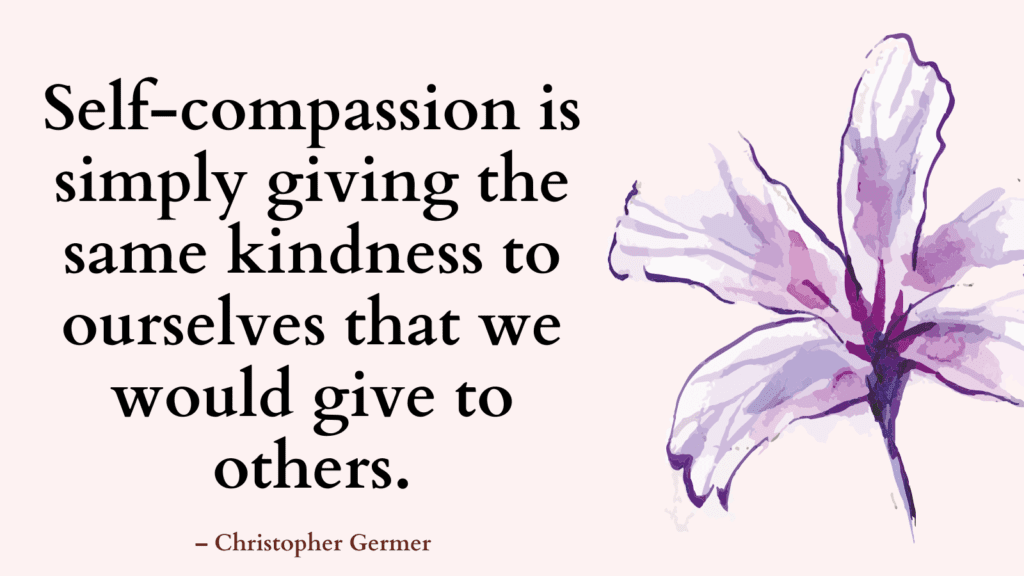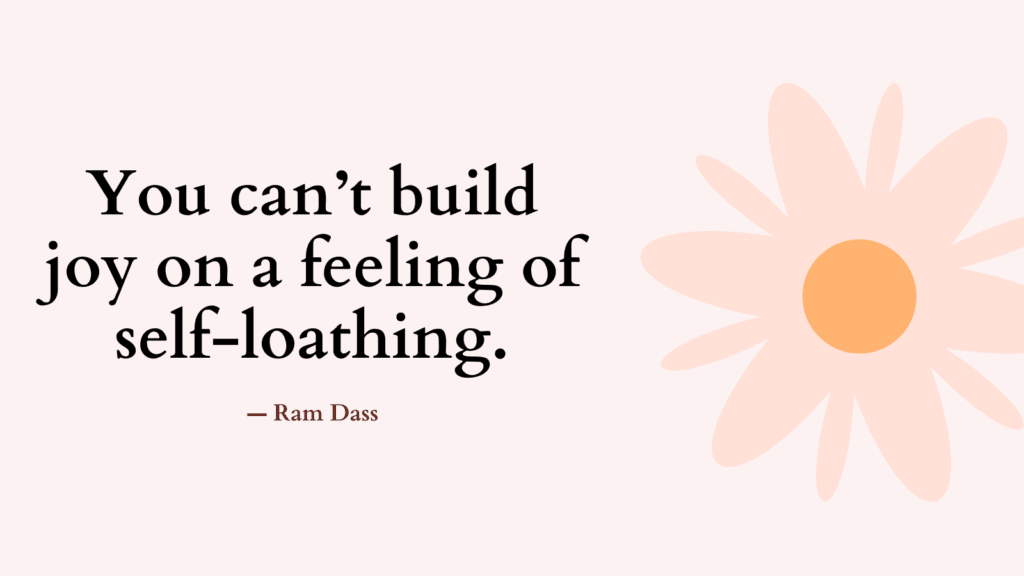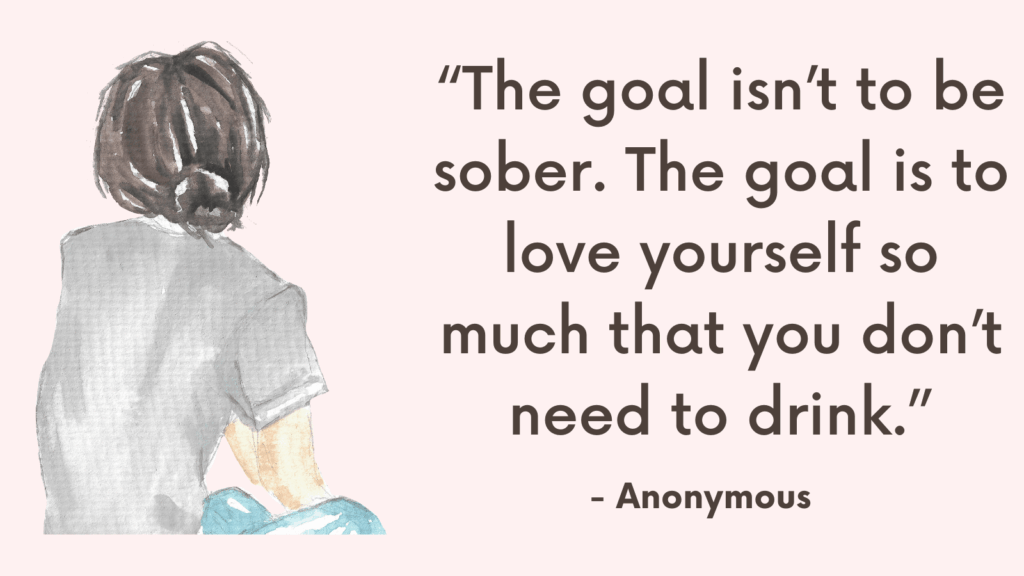Today, you’re going to learn how to cope with a self-harm relapse.
What Is Self-Harm?
Self-harm involves intentionally inflicting damage to your body, for example, by causing bruises, burns, or scrapes, without intending to commit suicide.
In this sense, you self-harm when you:
- You do things to harm yourself immediately, in the moment.
- The things you do cause visible tissue damage.
- You intend to harm yourself.
- You self-harm without intending to kill yourself.
Related: Self Harm Addiction Quiz
What Causes Self-Harm Relapse?
Self-harm is often used as a coping mechanism.
If you’re not sure what led to you self-harming again, consider the following factors:
- You went through a stressful event, like break up, death of a loved one, loss of a job, etc.
- You are struggling with intense emotions, like depression, loneliness, anxiety, etc.
- You have been experiencing flashbacks and memories of traumatic past events.
- You’ve been through too much pressure at work or school.
Related: How To Feel Your Feelings & Sit With Painful Emotions? (Top 9 Difficult Emotions)
How To Cope With A Self-Harm Relapse?
#1. Consider The Things That Helped You In The Past
Start with the things that helped you control your self-harm in the past. These strategies have already worked for you and can help you now.
Related: Best 99 Coping Skills (+FREE Coping Worksheets)
#2. Learn New Coping skills
Use other coping skills like relaxation activities (e.g. deep breathings, visualization, etc.) or distracting activities (e.g. going for a walk, watching something funny, etc.).
Related: Addiction To Self Harm: Top 5 Steps To Overcome It
#3. Practice Self-Care
Self-care is a great way to reduce vulnerability to self-harm and increase emotional resilience.
Make sure you eat well, get quality sleep, and exercise regularly. Take some time to de-stress by engaging in a pleasant activity.
Related: Top 45 Self Care Day Ideas at Home To Kickstart Your Self Care Ritual
#4. Practice Self-Compassion
Remind yourself that relapse is normal and part of recovering from any addiction, especially when going through hard times.
Recognize that you’re not alone in your suffering. Many people are struggling with self-harm and relapse. It’s shared humanity.
You may find it easier to practice self-compassion if you think of a dear friend in the same situation. What would you tell them? Say it to yourself.
Related: Best 18 Self Compassion Journal Prompts (+FREE Worksheets)
#5. Work With A Therapist
Our mental health issues have deep roots, and often only an experienced mental health professional can help you deal with them.
FREE Coping Skills Worksheets
Conclusion
Relapse doesn’t mean you failed.
But while you shouldn’t take relapse lightly, you also need to remind yourself that spiraling into shame after a relapse does not help you get back on track with your recovery.
Instead, forgive yourself, learn from the relapse, and try again.


References
- Portions of this article were adapted from the book Freedom from Self-Harm, © 2009 by the Kim L. Gratz. All rights reserved.
- What is self-harm? – Mind
- The truth about self-harm | Mental Health Foundation
- Self-harm | NAMI: National Alliance on Mental Illness
- Frontiers | Understanding the Needs of Young People Who Engage in Self-Harm: A Qualitative Investigation (frontiersin.org)
- A Qualitative Study of Understanding Reasons for Self-Harm in Adolescent Girls – PMC (nih.gov)
- Where to get help for self-harm – NHS (www.nhs.uk)



